Reflections on Ethical Leadership and Global Citizenship
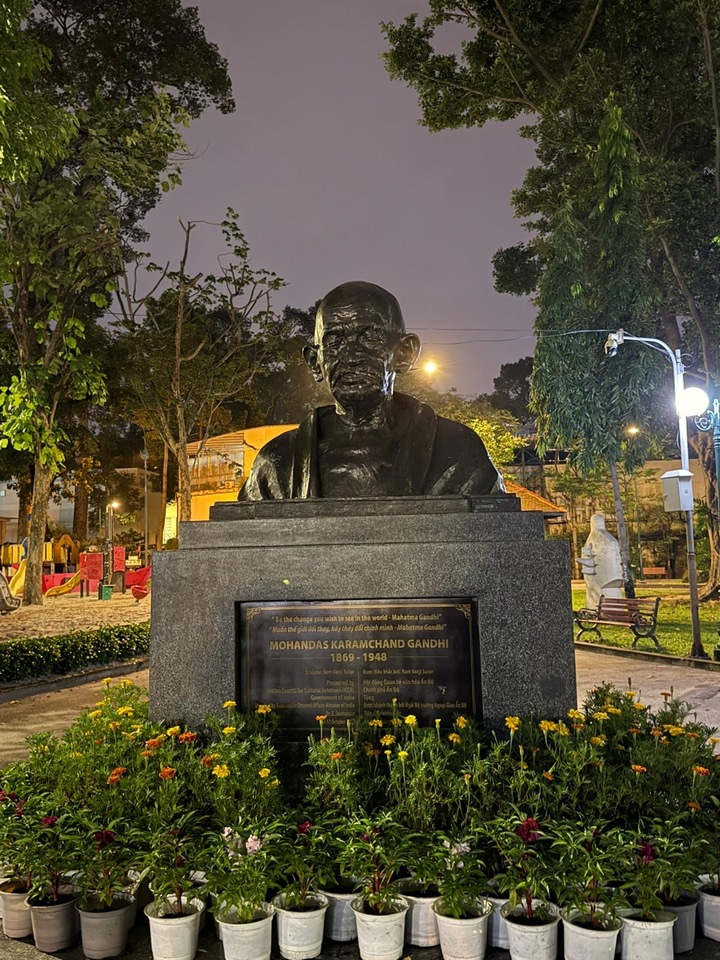
The past two years with the Laidlaw Foundation have left a profound and lasting impact on how I view leadership and my understanding of what it means to be a global citizen. Before going through this, I would first like to look back over the past two years and see the things I have accomplished. In my first summer, I conducted a lengthy analysis of China's historical and developing role as a global peacebroker, looking particularly at China's role in the Middle East. This culminated in a list of policy recommendations on developing peace initiatives in the Middle East and the methods in which China can implement these to improve both its own standing in the Middle East as well as to advance peace and stability in the region. In my second summer, I had the privilege of travelling to Ho Chi Minh City, Vietnam, to volunteer at a local soup kitchen. This was one of the most eye-opening experiences of my life, understanding how local bottom-up solutions to national problems can be achieved. The epistemic advantage gained from witnessing such impacts first-hand has left a lasting impression on me that even though one's contribution may seem small, it leaves a lasting impact for many in a community.
Thus, over the past two years, these two projects I endeavoured upon, concomitant with the lessons at the University, all of the Laidlaw conference symposia, and the Oxford Character Project, were tailored towards understanding what is meant by ethical leadership and global citizenship, how to achieve it, and the sort of impact it can create. Firstly, ethical leadership must focus on some core tenets of character: integrity, honesty, accountability, and trust. For any leader to be deemed successful, these are some of the core characteristics that they must strive to embed into any culture. To me, this is important in several ways. Firstly, as a student studying international relations, the pillars of diplomacy and progress in international relations can only be achieved through a framework of ethical leadership. Thus, my analysis of China's developing peace-making efforts was centred not only around the political means of achieving peace but also on the importance of ethical leadership in achieving these. Secondly, for my current and future aspirations in leadership, the lessons I have learnt over the past two years will be carried with me. To achieve the best long-term results, a leader must keep in mind the aforementioned qualities of ethical leadership. However, these must not necessarily be treated as a means to an end, but rather as an end in itself. Thus, global citizenship is integrated into the framework of ethical leadership. We should treat humanity, including those whom we lead, with respect due to its intrinsic nature. Global citizenship does not just focus on the international interconnectedness but rather starts on the local level and gradually ascends to all domains across the globe.
Global citizenship thus pertains to our capacity both as global citizens within an international community, as well as what we do closer to home to facilitate a more just world that focuses on a greater protection of rights, sustainable development, and a greater respect for diversity and cultures across the world. This has most pertinently been highlighted through my research project. International relations is predicated on the acknowledgement, appreciation, and incorporation of global citizenry models to advance the aims of international development, stability, and long-term peace. The Laidlaw Scholars programme has thus infused in me the sheer importance of this and the values which I hope to use to further analyse international relations in my study and personally implement in my future endeavours. Additionally, my LiA emphasised this idea of global connectivity and global citizenship. With volunteers across the world (inter alia Italy, the US, and Japan), there is a recognition that we all play a part in this globalised world in making an impact and furthering the UN SDGs in any way we can. I hope in the future to continue working with non-profit organisations across the world, especially the Green Lion, to continue to play my part as a global citizen. Additionally, in my future career paths, hopefully in politics, I aim to continue the lessons I have learnt from the Laidlaw programme and continue to promote the ideas espoused by global citizenry. One final aspect that global citizenship has emphasised to me is the idea of community. We all belong to a plethora of communities: our local communities, communities at university, and a global community. This sense of community is ubiquitous across all societies, and I felt this during my LiA in Vietnam. Community plays a central role in Vietnamese culture, and thus, community-based solutions prove a pivotal feature towards achieving the UN SDGs.
Thus, the Laidlaw Research and Leadership programme has taught me all of these incredibly powerful lessons, and I will be forever grateful for the lessons I learnt across my journey. I would therefore like to say a huge thank you to the Laidlaw Foundation for providing me with this fantastic opportunity, and I look forward to carrying each and every one of these lessons with me through my future endeavours. I would like to finish this last post with a quote that I saw on a statue of Gandhi whilst volunteering in Ho Chi Minh City: "Be the change you wish to see in the world".
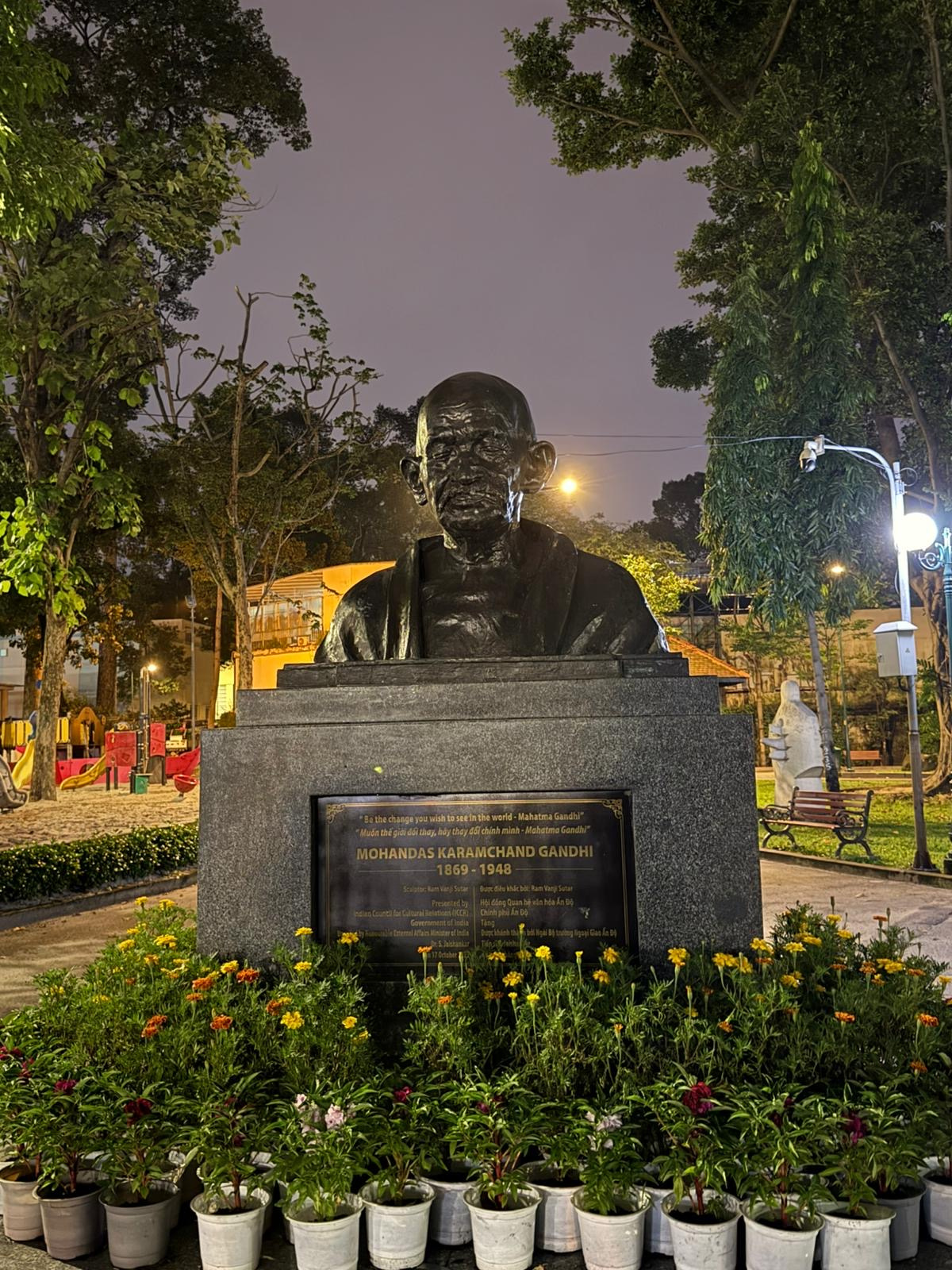


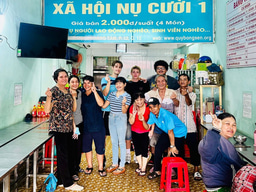
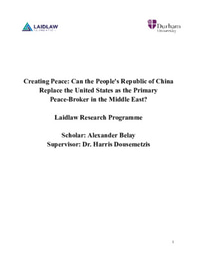
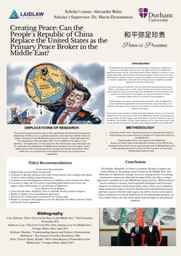
Please sign in
If you are a registered user on Laidlaw Scholars Network, please sign in